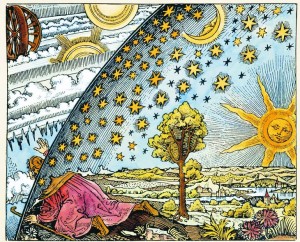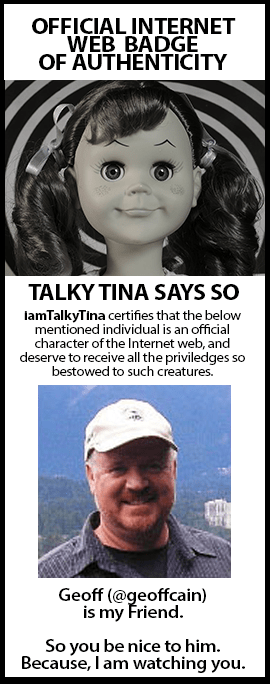This is from the abstract for a presentation that Jennifer Miller and I did for Open Education Global Conference. I am pretty excited about this work. Open research and open data are often things that scientists and other researchers do not hear about until AFTER they get out of college or at least until grad school, if at all. This bakes Open Science right into the curriculum early on. This is definitely Jennifer’s work and I merely served in an advisory capacity as “faculty mentor” for the Open Education for a Better World program:
Jennifer Miller (Open Education for a Better World (OE4BW),
Geoff Cain (GBC Education Consulting, Open Education for a Better World (OE4BW)
Existing scientific institutions must adopt open science principles and scientists will need local and disciplinary communities of open practice. Scientists-in-training must learn open science principles early in their careers. The 15-week syllabus was created by adapting the open syllabus template of the Creative Commons Certificate Program. The course begins with foundational readings on the role of science in human rights and the SDGs, introduces the UNESCO Recommendation on Open Science as a policy process and document, then leads course participants through exploration of individual principles of open science. The open syllabus format invites course leaders to add domain-specific examples. The course is ideally suited to build a local open science community within a lab, school, or department, or within a subject-matter community that spans the globe.
Open Education for a Better World (OE4BW) is an international online mentoring program designed to unlock the potential of Open Education in achieving the UN Sustainable Development Goals (SDGs). In this session, a mentor-mentee pair from the fields of public policy and instructional design will share a project in which they develop an open syllabus for a course introducing the UNESCO Recommendation on Open Science. By providing a forum to build open science communities, the project supports SDG 17, Partnerships for the Goals. Open sharing of scientific knowledge will be essential to realize the SDGs.
The presenters are seeking partners to teach or co-teach courses based on the syllabus starting in Spring 2022, following the Recommendation’s anticipated adoption by the General Conference at its 41st session in November 2021.
Here is the Extended Abstract.
And here is the Draft Syllabus in Google Docs.
If you are interested in talking to us about this or if you are interested in a possible review or pilot later, please leave a comment below or contact me at geoffcain@yahoo.com.
Thanks!




